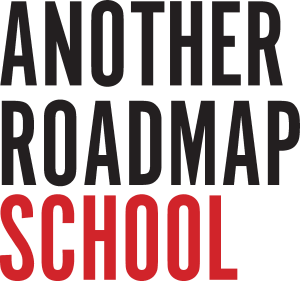by Quito working group
“Educación Popular” was and still is a political and educational orientation, which has led to a huge number of reflections, and what is more important, which has given rise to many and heterogeneous practical experiences. The ideas of brasilian pedagogue Paulo Freire had a huge reception in many different contexts, changing the understanding of education as both a theoretic and practical, and a political concept. Starting from there, a great number of educational experiences revolved around the idea to turn education into a tool in the service of change and transformation of latin american societies.
What we want to propose is a joint reflection about “educación popular”, its nuances, its logics, its theoretical foundations and transformations, on the basis of an analysis of how “educación popular” was appropriated in different historcally and locally situated experiences. We do not propose to re-discuss Paulo Freire’s texts, but the way his proposals were read, digested,
[1]
apropriated and articulated with political-pedagogical projects rooted in particular struggles and realities.
In the case of Ecuador, the first experiences and ideas about “educación popular”, like in other latin american countries, emerged related to those sectors of the catholic church which were related to what later would consolidate as theology of liberation. In this sense, and because of the work the church was doing with indigenous peasant groups, the first experiences of popular education were related to the problem of land. Our hypothesis is that in this first moment, educación popular was taken up as a political discourse, but without a thorough understanding or focus on the pedagogical: so to say, the phrases changed from “Rosita cuts a flower” to “Rosita hasn’t been paid her wages in two month”, but in pedagogical terms alphabetization continued to be directive.
Another particular element in the understand of educación popular is its connection with the claims for bilingual intercultural education. Although in the beginning the use of the mother tongue was primarily meant as an empowerment in terms of identity, practices of revaluation of languages would be key to the concolidation of claims of peoples and nations for an education of their own, lateron articulated in the indigenous movement.
We would like to expose with more details these elements, presenting the emergence and development of popular education in the andean region of Ecuador between the end of the 1960ies and the beginning of the 1990ies. We hope to receive critical comments and have an exchange, in accordance with realities and contexts in which you are working.
[1]
“Digested” in the sense the anthropophagia movement proposed in its metaphor of “devouring”, to seperate and digest profoundly, seperating nutrients (conrtibutions) from what remains and is eliminated.
